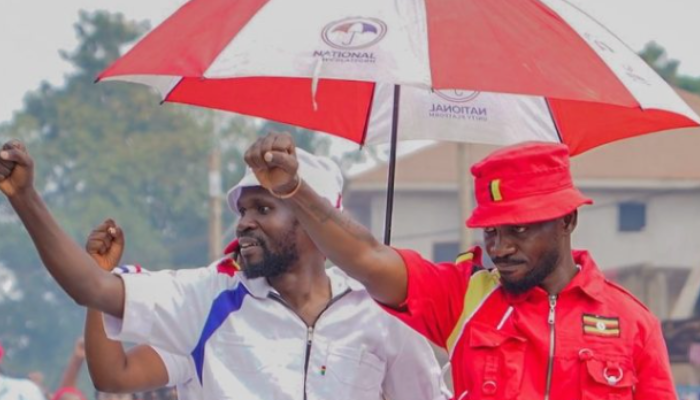
New Law Puts NUP’s Funding at Risk
The National Unity Platform (NUP), Uganda’s largest opposition party, is facing significant financial challenges following the passage of the Political Parties and Organisations (Amendment) Act, 2025. Enacted by Parliament on May 20, 2025, the law ties government funding for political parties to their adherence to democratic principles, including tolerance, peaceful coexistence, and participation in the Inter-Party Organisation for Dialogue (IPOD). This change directly threatens NUP’s financial stability, potentially depriving the party of the more than Shs 3.1 billion it currently receives annually for its operations.
Funding Linked to Democratic Compliance
The new amendment to Section 14 of the Political Parties and Organisations Act restricts public funding to political parties that are represented in Parliament and meet the government’s democratic criteria. The law mandates that political parties must actively participate in IPOD, a platform for dialogue among Uganda’s political parties. NUP, however, has consistently refused to join IPOD, arguing that it serves as a tool for the ruling National Resistance Movement (NRM) to consolidate power rather than fostering meaningful political discourse.
Potential Impact on NUP’s Operations
NUP has long relied on public funds to support its political campaigns, member recruitment, media engagement, and grassroots operations across Uganda. This funding also helps the party connect with the Ugandan diaspora. With the new law in place, NUP’s reliance on government resources makes it particularly vulnerable. The government has accused NUP of fostering violent rhetoric, especially among its youth supporters, a claim that has been used to justify the law’s provisions.
Already, NUP members, including prominent figure Eddie Mutwe, are facing legal charges related to violent activities. This has fueled further concerns that the law is targeting opposition parties like NUP in the lead-up to the 2026 elections.
Opposition to the Law and Legal Challenges
The law has sparked strong opposition from MPs and civil rights groups, who argue that it undermines democratic principles and curtails political pluralism. Lira Municipality MP Jimmy Akena condemned the law as “diabolical” and accused the government of crafting it in bad faith, without adequate consultation. Additionally, MP Jonathan Odur described the amendment as unconstitutional, claiming that it was designed to suppress opposition voices and punish those who oppose the ruling party.
IPOD Participation Becomes Mandatory
One of the most controversial aspects of the law is the mandatory requirement for political parties to join and engage in IPOD activities. NUP’s refusal to participate in IPOD is based on its view that the platform is merely a vehicle for the NRM to strengthen its grip on power, rather than a genuine forum for political dialogue. The law’s supporters argue that linking public funding to party conduct will encourage more responsible politics, deter extremism, and foster stability and social cohesion.
However, rights advocates caution that the law could serve as a tool for political control. Legal experts warn that it could be used to systematically suppress opposition parties, especially as Uganda approaches the 2026 general elections. “This law is a powerful tool of political control, essentially saying, ‘toe the government’s line or be deprived of resources,’” said one expert.
What Lies Ahead for NUP and the Electoral Commission
With the law now in effect, Uganda’s Electoral Commission will review the eligibility of all political parties for public funding. For NUP, the situation is precarious. If the party does not join IPOD or successfully challenge the law in court, it could face severe financial constraints as it prepares for the 2026 elections. The legal battle ahead could have a lasting impact on the political landscape in Uganda, with opposition parties scrambling to navigate the new legal and financial environment.
